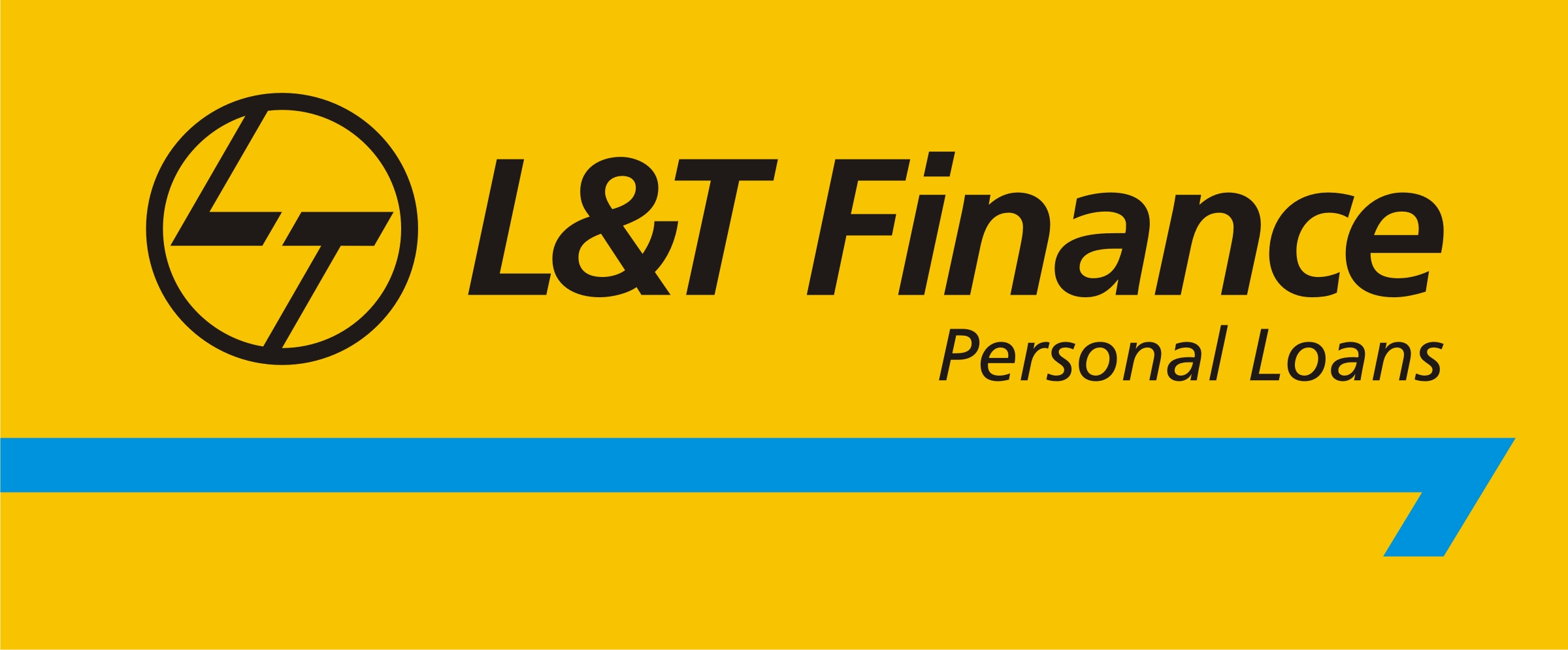
Offers For New Customers

3 Unique Variants

Loan of up to Rs. 40 Lakh

Tenure of up to 84 Months

No Guarantor / Collateral

No Hidden Charges
Features and Benefits of our Personal Loan
A personal loan is an unsecured loan that is not backed by collateral or security. This makes it a flexible financing option, as there are no limitations on its use.
The followings are the ways a personal loan can be useful:
Personal Loan Eligibility Criteria
To qualify for a personal loan, you have to meet certain criteria. Below are the important factors that lenders take into consideration to decide your eligibility for a personal loan.
Documents required to apply for Personal Loan
























